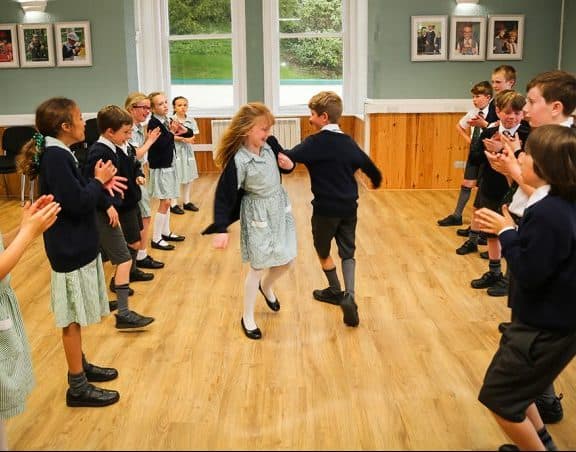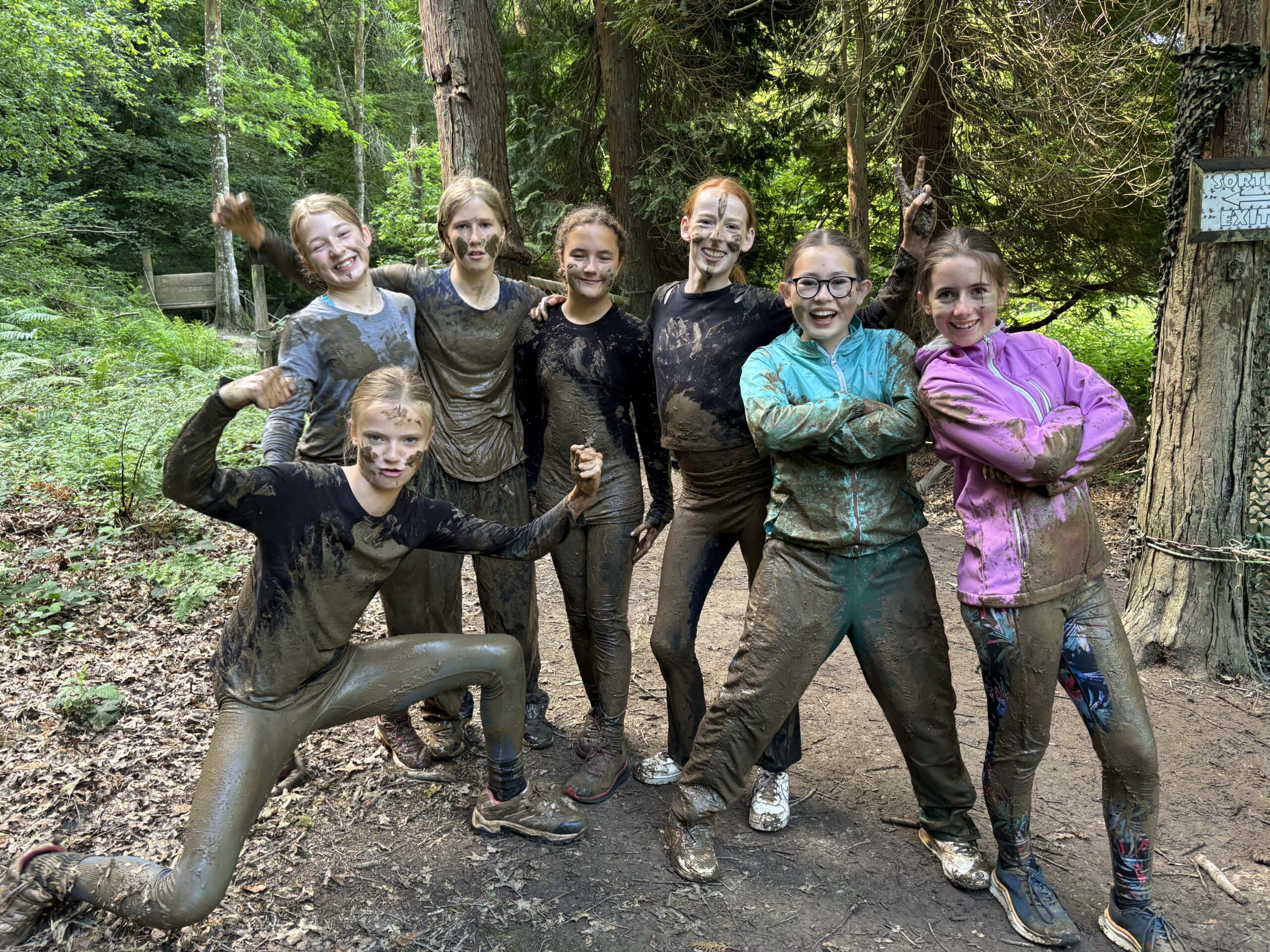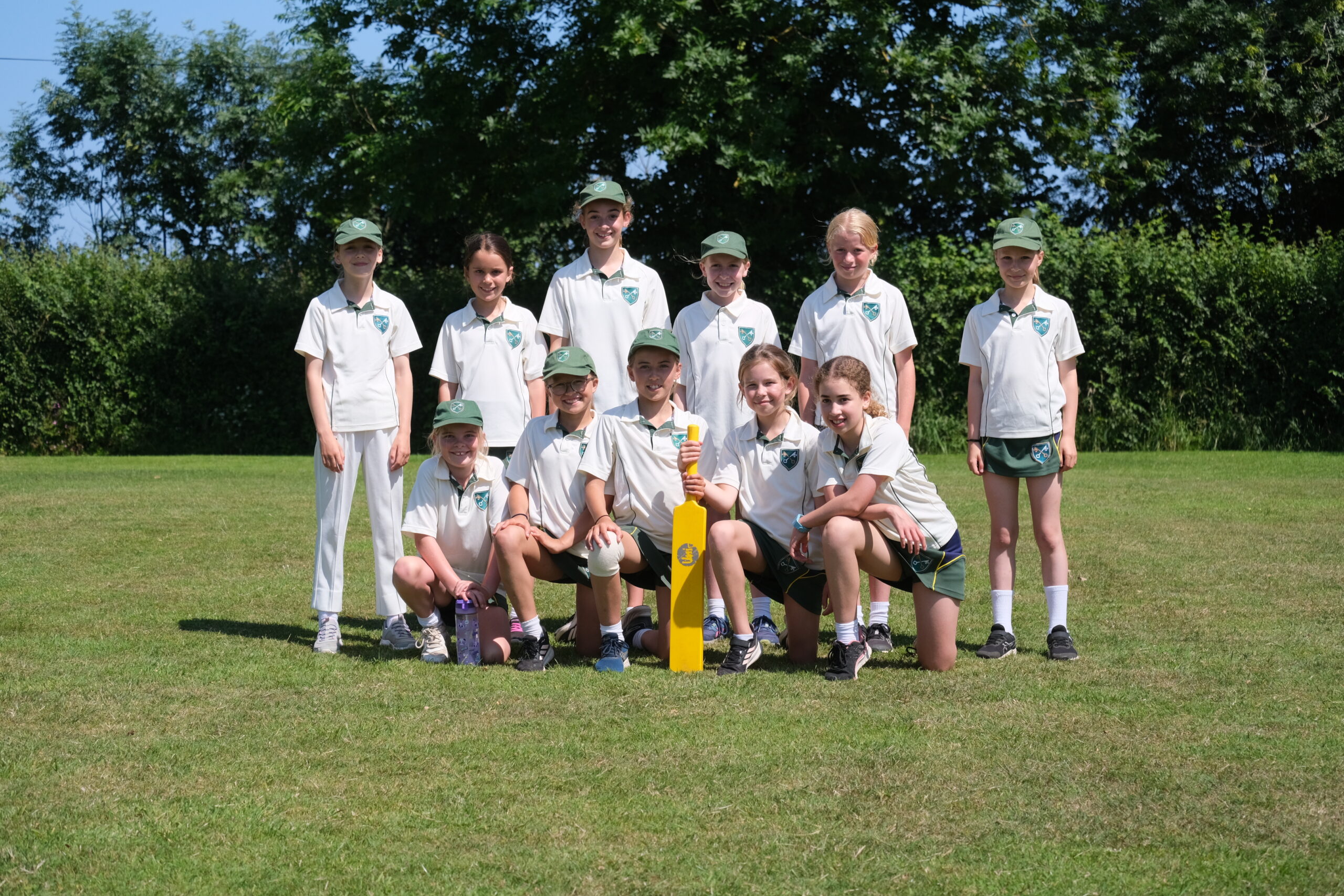Imaginative play is an intuitive aspect of childhood, so harnessing this creative energy and redirecting it into performing arts is hugely beneficial. Performing arts are so important in schools for children, broadening their skill set by encouraging communication, confidence and creativity.
Whether at school or home, performing arts are a crucial part of growing up and can be nurtured in so many ways. We have compiled a few fun drama activities and games that can benefit your child’s personal and academic development.
1. Stimulate the Senses
A great way to encourage your child’s creativity is by play-acting. Tell them to respond to something imaginary related to each of the five senses, such as:
- Sight – Seeing a bear, butterfly or an oncoming train.
- Sound – Hearing dance music, a loud car horn or a gentle breeze.
- Smell – Smelling rotten eggs or a freshly baked cake.
- Taste – Tasting their favourite candy, a chilli pepper or cabbage.
- Touch – Touching snow, a hot stove or petting a dog.
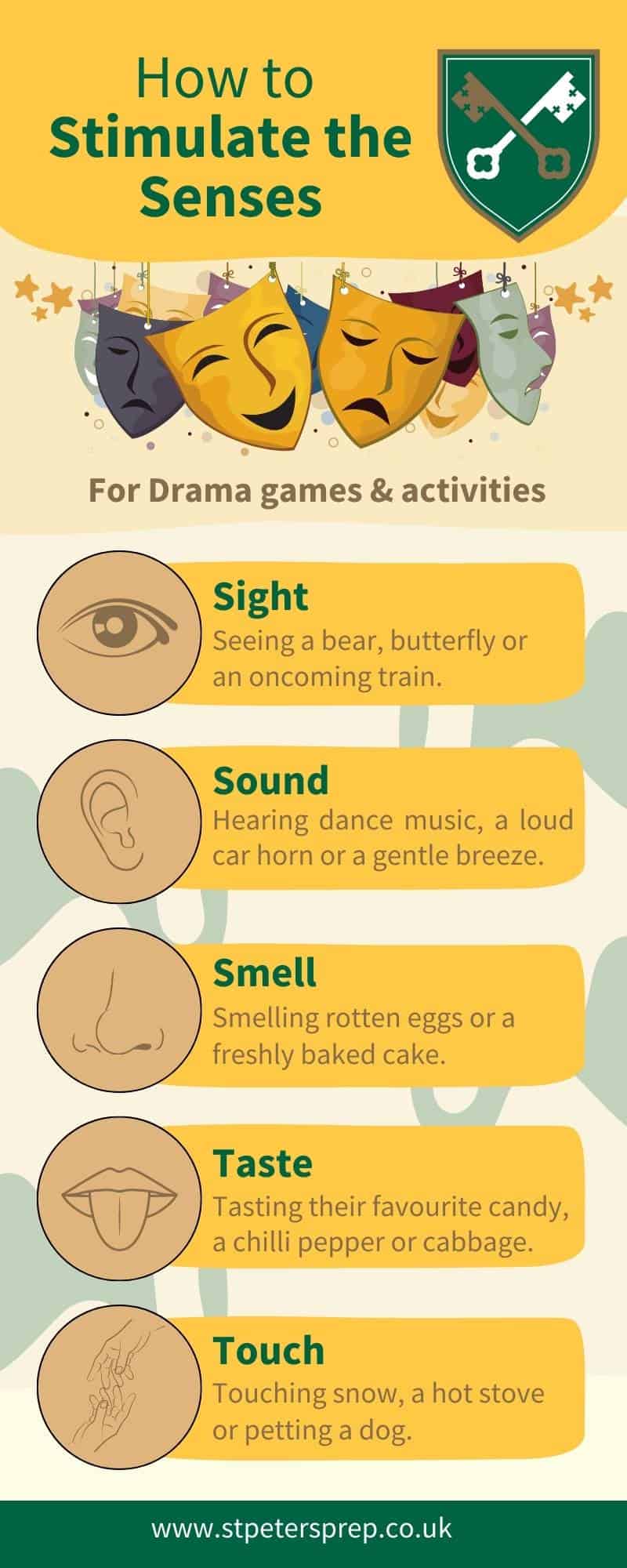
Engaging the senses will broaden their imagination and spur them to excel in the creative arts.
2. Build Confidence by Performing a Play
A miniature play can be easily performed at home, not just at school! Just remember not to get too ambitious, and for optimum fun, keep it simple by following these steps:
- Put together a page-long script.
- Grab a few household items to use as props.
- Look through the wardrobe for clothes that you can use as costumes, and if you have any spare old clothes lying around, feel free to cut them up!
- Use face paints or makeup to complete the look.
- Perform the play, and even if there’s no audience, remember to bow at the end!
Not only are plays entertaining and emboldening, crafting a script can help your child to practice their storytelling and handwriting skills.
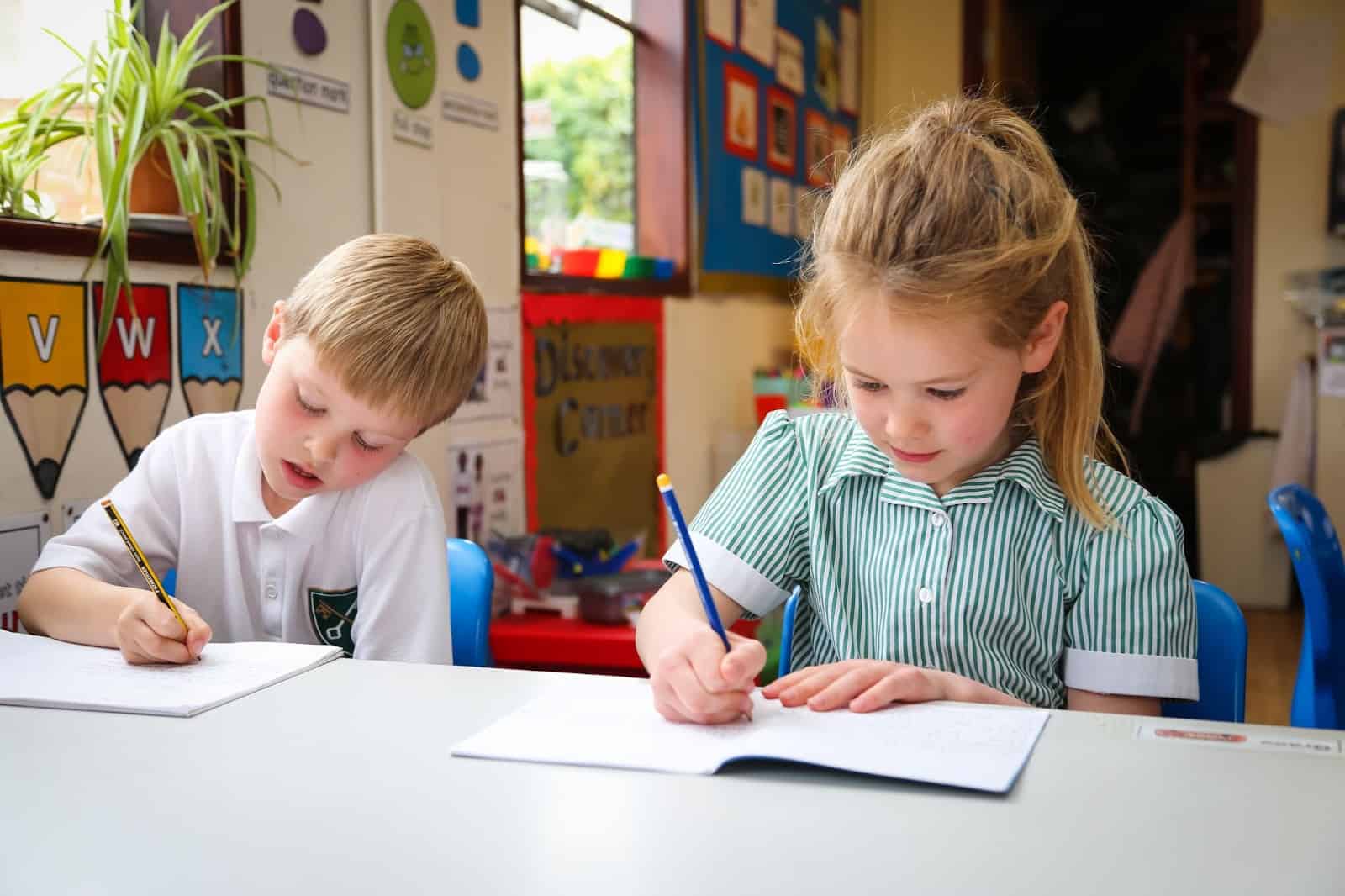
3. Inspire Creativity with an Improv Session
Improvised performances can add just the right amount of freedom and chaos that a child needs! While it may seem counterintuitive, creating a bit of structure beforehand can help to circumvent creative energy from tapering off during improv. To prevent the improv from stalling, brief prompt cards can keep the performance flowing.
Include variations for the settings, characters, events and lines, then sort the different categories into separate piles, shuffle them up and then draw them out at random. This organised randomness can keep the improv on track, as well as provide much hilarity and fun!
Responding to prompts builds composure under pressure and prepares children for adult life, as improvisation is a crucial talent for presentations and interviews; encouraging fast thinking and confidence even in unexpected situations.
4. Encourage Fast Thinking with a Circle of Sound
Another activity to help engage your child’s cognitive abilities with fast thinking is a circle of sound. This activity is suited for groups, so is perfect for a class or a party.
Sit everyone in a circle and have one person make a sound. The next person mimics the sound as quickly as possible, so does the next, and so on until the sound comes full circle back to the original person. This is what creates the circle, or ‘chain’, of sound.
Once the participants have done a full round, the person next to the one who started will have to transform the sound into something else. A vocal activity like this is an excellent warm-up and icebreaker; engaging the brain by getting participants to think on their feet.
5. Encourage Productivity with Backstage Management
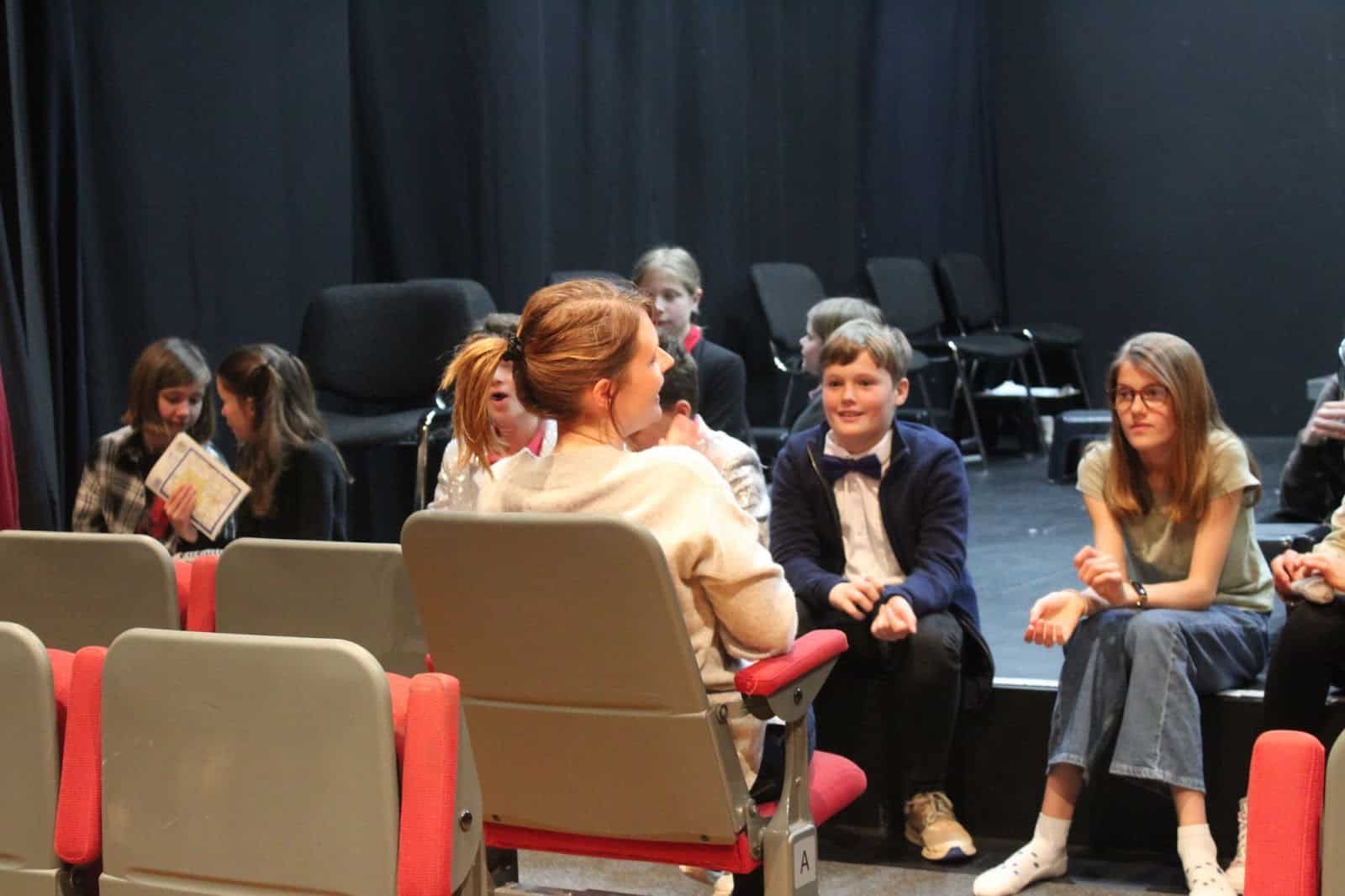
One of the most vital components of a performance actually occurs off-stage. Without the initial creative development process, there wouldn’t be a play at all! The effort put into creating the script, props, backgrounds and costumes are ultimately reflected in the quality of the final performance.
Even if your child doesn’t get the starring role, learning the basics of backstage management is deeply rewarding; teaching them the importance of teamwork and organisational skills. This may even inspire your child to develop an interest in more advanced techniques when they’re older, such as stage lighting or even directing!
We hope that this list has inspired you to explore some performing arts-related activities!
If you’re looking to enrol your child in a prep school in Devon, then please do consider St Peter’s Prep. We passionately believe that creative arts are a vital part of our curriculum, which allows our pupils theatrical opportunities in both smaller ensembles and bigger performances onsite or at theatres.





